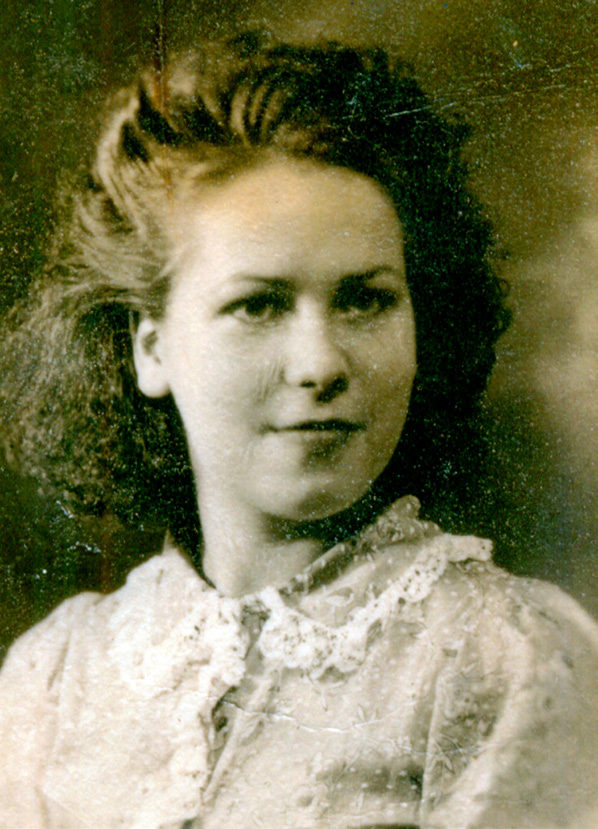Drew Kinchen: So, Papa Jack, where are your parents from?
Jack Kinchen: Originally from France, Normandy, okay. But, they came from France to Guadeloupe.
Drew: Why did they go to Guadeloupe?
Jack: I didn’t ask them.
Drew: Why didn’t ask them?!
Jack: That’s a good question. I don’t know. But I was glad that they went to Guadeloupe, and if I had to do it again, knowing what I know, I would not be here [tapping the table]. I would be in Guadeloupe. It was easier there.
Drew: Well, I don’t blame you. I understand that. What about you, Meme [Annette]? Where were your parents from?
Annette Kinchen: From Guadeloupe, they were born on the island, too.
Jack: But their parents were from Normandy too. We all descended from Normandy. My father was in the business of import and export. He had offices in France, Guadeloupe, and through the Caribbean islands.
Drew: Yes, I remember hearing that when I was younger. Did he have business with an airline?
Jack: He was the representative for Pan-American for the Caribbean islands, and he had also a Ford and Mercury company of the Caribbean. So I travelled a lot and came to America quite a bit for him. I loved America.
Drew: So you had been to America before you actually immigrated here?
Jack: Oh yeah, way before I decided to move with Meme over here. Yeah, yeah. America was a great country. Great.
Drew: Meme, tell me about your family.

Annette as a young teenager, before her marriage to Papa Jack. Photo courtesy of the Kinchen family.
Jack: She lived in Basse-Terre, there were two islands in Guadeloupe. Grande-Terre and Basse-Terre. Basse-Terre is where the volcano, La Soufriere, is. She lived right by it. A matter of fact, my father had a house, we lived on top of the mountain and she lived at the bottom of the mountain. Her father had a plantation.
Annette: And his father was the mayor of Basse-Terre, the capital of Guadeloupe.
Drew: Oh wow.
Annette: Yeah he was the mayor. I still remember him a little bit, but I was really young. My grandmother, well, she was something else. But he had a lot of sons, and they owned a lot of property on the island. All the Lignieres had a big family. They had huge families. Every one of them owned properties because my grandfather gave each one of them a piece of property. They were known.
Drew: They were important people on the island?
Annette: Important, I don’t know, but they had money. Jack’s father had money also, so two big families got together. Je ne sais pas. [I don’t know.]
Annette: My grandfather went to New York to work; I don’t know how long they stayed there, but they took my mother, and I guess she went to school because she spoke the language [English]. But she learned how to play the piano–classical music. Not the kind you sing to, but classical, beautiful. She tried to teach me, but my father intervened and sold the piano! [laughter]
Drew: Oh no!
Annette: That was the end of that! But when they came over here after me he bought her a piano again. But by then I was too busy; I was too old. I used to listen to her playing piano; it was gorgeous.
 NOLAbeings
Multimedia artist Claire Bangser created NOLAbeings as a portrait-based story project that marries...
NOLAbeings
Multimedia artist Claire Bangser created NOLAbeings as a portrait-based story project that marries...
 Data corner: Adobe Suite (create a PDF, social media graphic, presentation, edit a photo and video
Data corner is where you go to work with analytics and top tech skills. It takes on everything from PERL and SQL to Canva and Sprout Social.
Data corner: Adobe Suite (create a PDF, social media graphic, presentation, edit a photo and video
Data corner is where you go to work with analytics and top tech skills. It takes on everything from PERL and SQL to Canva and Sprout Social.
